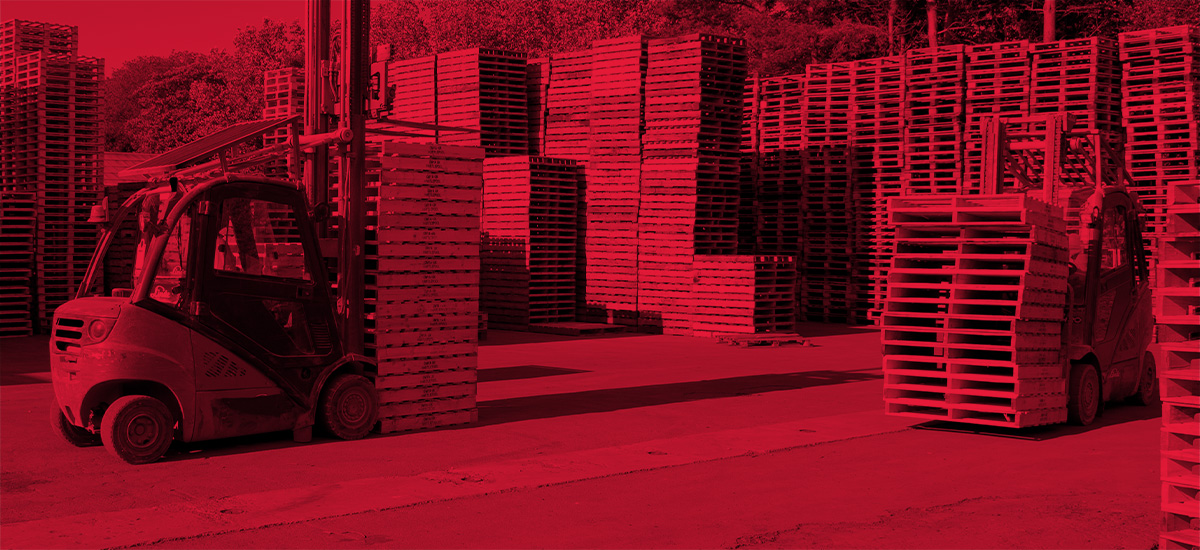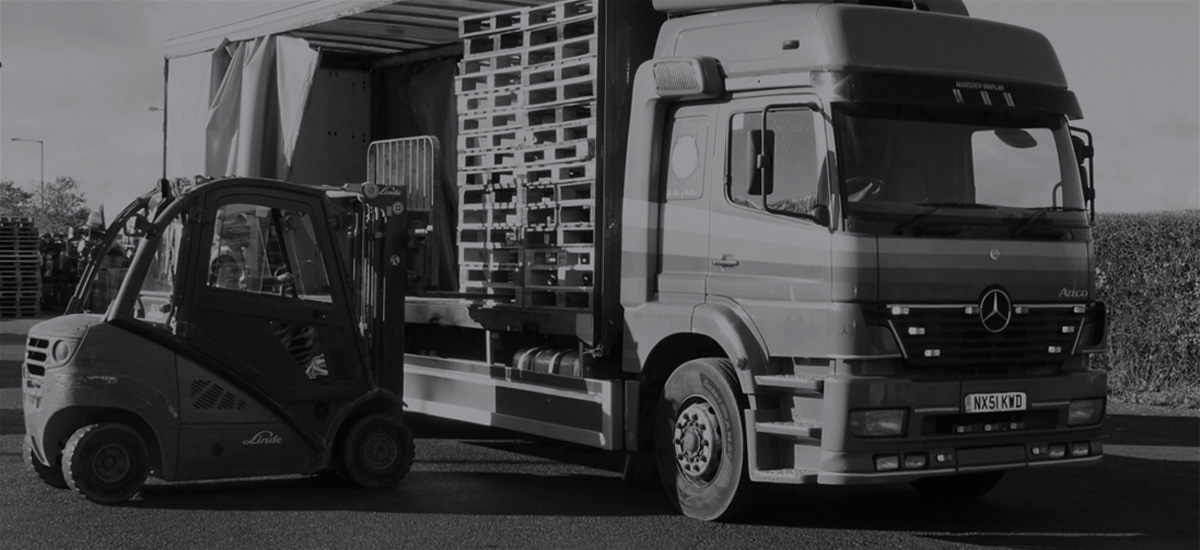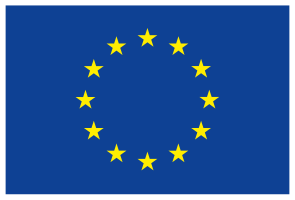As we’re all aware, June’s snap general election ended in a hung parliament, and it took three weeks for the Conservatives to agree a coalition with the DUP to create a majority government. What we’re interested in, is how does this new found coalition affect the waste industry?
Immediately after the general election, Theresa May conducted some cabinet shuffles, which have seen Michael Gove named as Secretary of State for Environment, Food and Rural Affairs. In order to provide some continuity of environmental plans already underway, Therese Coffey retained her role as waste minister at Defra.
Gove’s appointment has been met with positivity, particularly by FCC Environment Chief Executive, Paul Taylor, who said: “We welcome Michael Gove as the new Defra Secretary of State and look forward to working with him to ensure all areas of Whitehall understand and value the importance of the UK’s waste and resources sector.” (Quote source: Resource Efficient Business News)
 Additionally, the retention of Therese Coffey demonstrates a commitment from the Tories to continue with their environment plans, including the 25 year environmental plan, despite Brexit negotiations taking place.
Additionally, the retention of Therese Coffey demonstrates a commitment from the Tories to continue with their environment plans, including the 25 year environmental plan, despite Brexit negotiations taking place.
Following the Queen’s speech, a significant task the government has regarding Brexit is the Repeal Bill. Essentially, as the name suggests, the bill will repeal the 1972 European Communities Act, which meant European law was passed into British legislation. Initially, the Repeal Bill will copy existing EU legislation into British law and then it will be amended, improved or removed where necessary. This leaves an unknown with regards to how waste legislation may or may not change because the vast majority of waste legislation in force at the moment comes from EU law.
Prior to Britain departing the EU, the 2018 Circular Economy Package is likely to be implemented into UK law. The Circular Economy Package will replace outdated packaging waste legislation, with a focus on the definition of packaging waste and how it should be handled responsibly. Another key element that would be welcomed by the packaging industry if included, is the recognition of reuse and how it is more environmentally beneficial than recycling.
This could have a positive impact, for example refining recycling targets to realise true potential value, the introduction of reuse targets separate from recycling and the enforcement of illegal operations. However, this is something we’ll have to monitor during the negotiation journey.
How the Conservative & DUP coalition will affect waste management is still to be seen. The Conservative manifesto intended to: “…leave the environment in a better state than we inherited it.” The party also outlined, during its election campaign, plans to reduce litter by supporting comprehensive rubbish collection and recycling, and better packaging.
The DUP didn’t reflect on environmental concerns in their manifesto, excluding any mention of climate change, energy efficiency or the green economy. But, did they intend to be part of a coalition prior to election day? Perhaps not. The fact there is no mention of environment issues in their manifesto does not, then, confirm that they do not have waste policies in mind that they would like implementing.
Has it been a case of the Conservative’s doing anything at their disposal to stay in power or is there a genuine intention to make proposed policies a reality? Will Brexit be positive for the waste industry? We’ll have to wait and see but RPS intends to write more on the subject over the coming months.
How do you think the general election result will impact the waste industry? Tweet us your thoughts to @RPS_Limited







